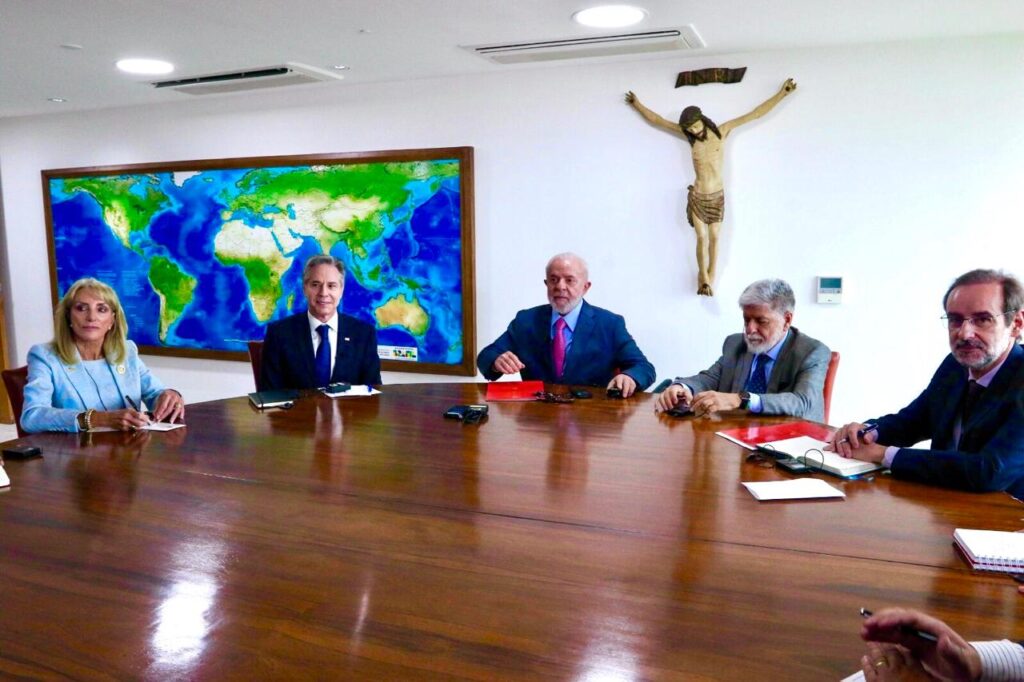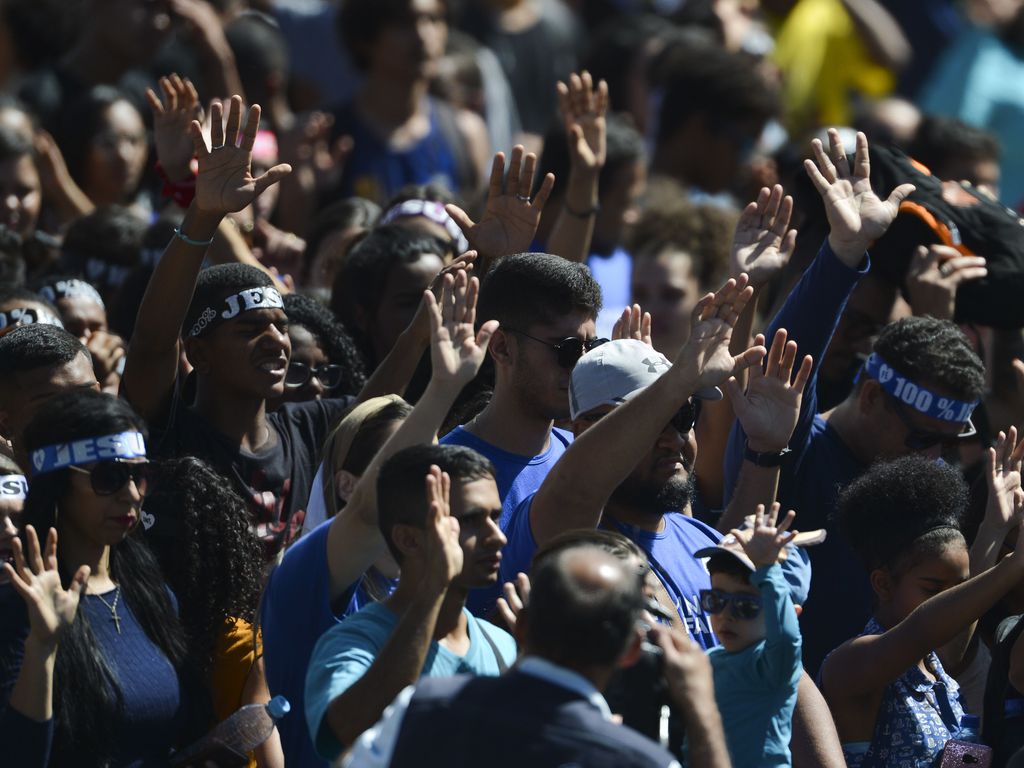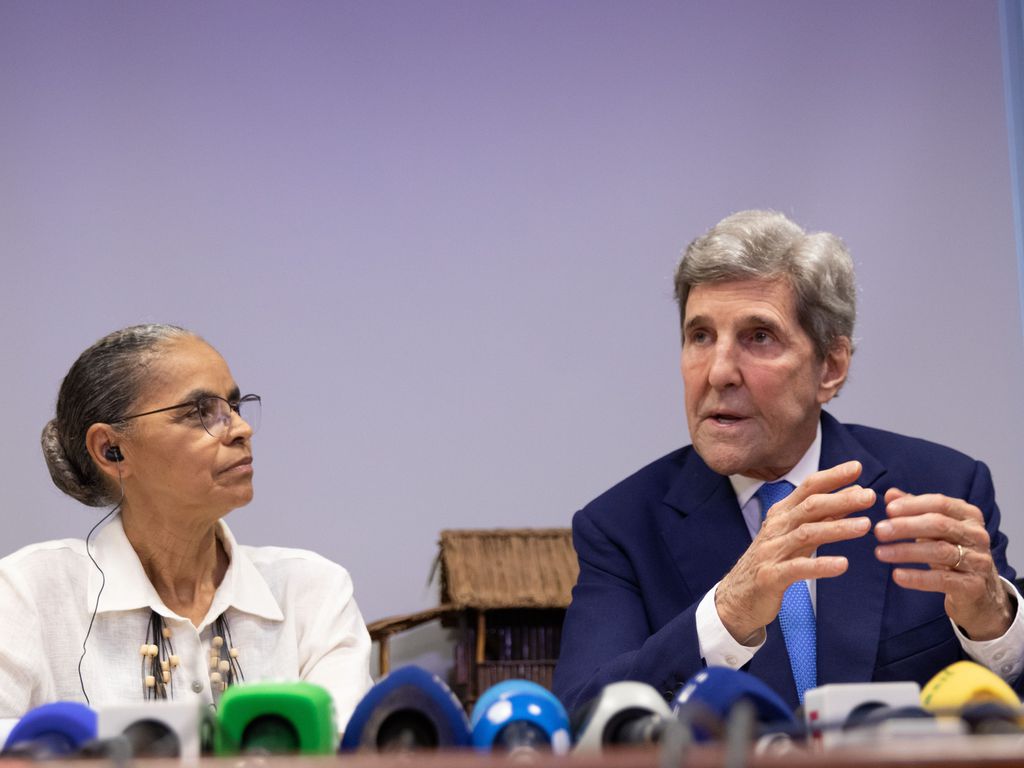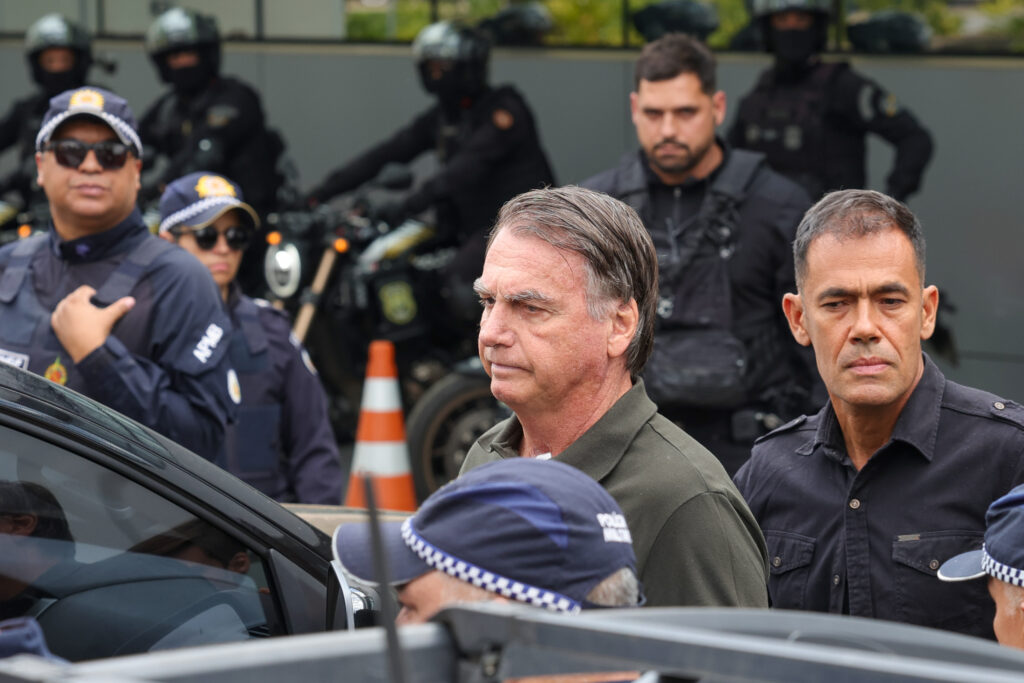In 10 days, Brazil’s second electoral vote will decide who is to become the country’s next president. After weeks of campaigning, Brazilian national newspaper Folha de São Paulo has broken the news that businesses supporting Jair Bolsonaro have been paying to send out anti-PT (Workers’ Party) messages via Whatsapp.
The contracts, which each ensure the mass release of hundreds of millions of messages through the messaging platform, are each worth around $12 million reais, Folha estimates.
This practice, along with any company donations to electoral campaigns, constitutes electoral fraud and could lead to prosecution.
One of the participating companies has been named as department store Havan, whose owner Luciano Hang is already reported to have blackmailed his employees into voting for Bolsonaro. When Folha asked whether he had taken part in any mass message distribution, Hang claimed he had no idea what it was. “We don’t have that need,” he added.
The message distribution process works using databases that are made up of data from voters themselves or, alternatively, sold by third party digital strategy agencies such as Quickmobile, Yacows, Croc Services and SMS Market.
Representatives from Quickmobile and Yacows have since denied the allegations.
In Brazil, as well as playing a significant role in day-to-day communication, Whatsapp is also used as a news distribution tool. In fact, a recent survey carried out by research institute Datafolha revealed that 44% of Brazilian voters use Whatsapp to access political information, via groups and broadcast messages.
Aside from allowing private companies to get involved with electoral campaigning, Whatsapp in Brazil also plays a role in the spread of fake news. In fact, a recent opinion article published in the New York Times highlighted the severity of the problem in this year’s general election, giving examples of how it has managed to get so out of control despite counter initiatives specifically introduced to tackle it.
Anti-fake news collective Comprova is an online portal introduced in August, bringing together a selection of 24 journalists from different Brazilian news outlets to fact check and monitor news production throughout the electoral period. Despite its efficiency in filtering news produced by other social media outlets such as Facebook and Twitter, it seems Whatsapp has proved a much more difficult problem to control.
Therefore, whether it be due to fake news or illegally sponsored electoral propaganda, it seems that Whatsapp is currently serving as a breeding ground for last-ditch attempts to influence voters’ decisions before candidates Bolsonaro and Haddad go head to head next Sunday, October 28.










